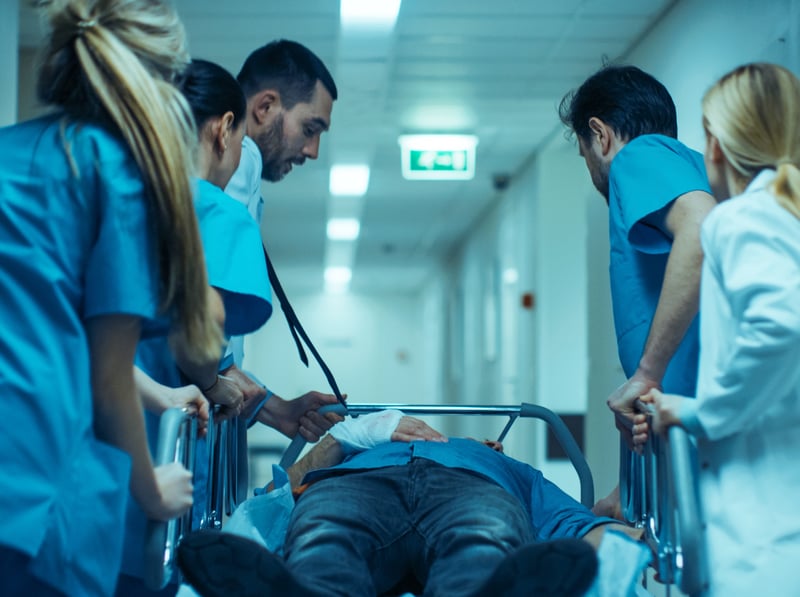(330) 876-1228
8507 Main StreetKinsman, OH 44428
(330) 876-1229

A new guideline from four leading medical organizations should help doctors determine if someone is brain dead.
"Until now, there have been two separate guidelines for determining brain death, one for adults and one for children,"said author Dr. Matthew Kirschen, a critical care physician at the Children's Hospital of Philadelphia.
"This update integrates guidance for adults and children into a single guideline, providing clinicians with a comprehensive and practical way to evaluate someone who has sustained a catastrophic brain injury to determine if they meet the criteria for brain death,"Kirschen said in a news release from the American Academy of Neurology (AAN).
The guidance was jointly crafted by the AAN, the American Academy of Pediatrics (AAP), the Child Neurology Society (CNS) and the Society of Critical Care Medicine (SCCM).
With brain death, there is a complete and permanent stopping of brain function after a catastrophic brain injury.
"Brain death means that clinicians cannot observe or elicit any clinical signs of brain function,"said author Dr. David Greer, of Boston University School of Medicine. "Brain death is different from comatose and vegetative states. People do not recover from brain death. Brain death is legal death."
The guidelines offer professionals a standardized procedure for evaluating people for any clinical functioning of their brain and brainstem. Current policies vary among U.S. hospitals and around the world, the authors noted. They recommend that hospital administrators ensure their hospital's brain death determination policies are updated to be consistent with this new guideline.
The doctor will declare brain death if a person has a catastrophic brain injury, with no possibility of recovering any brain function; is completely unresponsive; demonstrates no brain or brainstem function; and does not breathe on their own.
A digital application was created to walk clinicians through the process of brain death determination. It is available for free on the AAN website.
Dr. Sonia Partap, a clinical professor of neurology at Stanford University, said pediatricians welcome the development of this consensus guideline.
"Any child's death is never short of devastating. Pediatricians share a special relationship and trust with their patients and this guideline is to ensure we help families walk through the most difficult circumstances,"Partap said.
The guideline was funded by the American Academy of Neurology. It is an update to the 2010 AAN adult practice guidelines and the 2011 AAP/CNS/SCCM pediatric practice guidelines for determining brain death. It was published online Oct. 11 in Neurology.
More information
The National Kidney Foundation has more on brain death.
SOURCE: American Academy of Neurology, news release, Oct. 11, 2023
